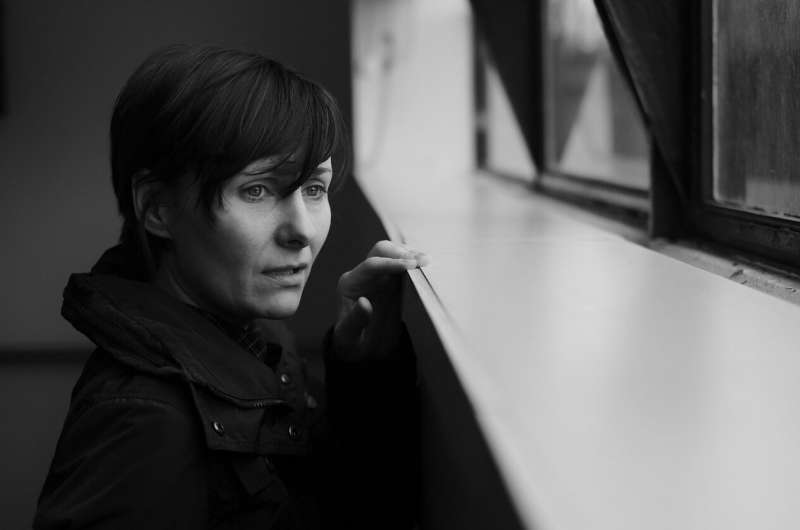Relatives in deep grief can be helped earlier

Many relatives who experience severe long-term grief reactions after bereavement have more frequent contact with their general practitioner already prior to bereavement, as well as a higher consumption of antidepressants and sedatives than those who have fewer critical symptoms of grief over time. This suggests that it may be possible to prevent this by catching this group earlier. This is shown by a new research result from Aarhus University.
Each year, 55,000 die in Denmark, many of them following the course of a disease. The majority of these bereavements have an effect on several close relatives. A research project from Aarhus University has now examined both the consumption of medicine and contact to general practitioners (GP) among this group of relatives. Mette Kjærgaard Nielsen from the Department of Public Health is behind the study.
"We can see that there's a group of relatives who have increased contact with their own GP before the bereavement. Measured by symptoms of grief, such as intense longing and yearning, preoccupation with the loss and a lack of acceptance, these are the ones who find the situation hardest to deal with. This group also has a higher consumption of medicine. This means that during the course of the patient's illness, we already have contact to a group of relatives who appear to be severely psychologically affected," she explains.
Relatives should be traced earlier
The results have just been published in the British Journal of General Practice.
Relatives' grief symptoms were measured before the patient's death, and then six months and three years after the bereavement. In total, 1447 relatives, which is 83 per cent of all those involved in the study, contacted their GP. Among relatives with a constant high level of grief symptoms, even more (92 per cent) had contact with general practice, and this group had a higher consumption of antidepressants and sedatives than the relatives with a constant low level of grief symptoms.
This means that healthcare professionals have contact to—and thus the opportunity to identify—relatives who have a need for support already early in the process.
"It's relevant to follow up on the role of general practice in the case of relatives with a high level of grief symptoms or other psychological strain. There is a need for new studies to show how a preventive effort can be best used to help these relatives," says Mette Kjærgaard Nielsen.
Background for the results
The study is a population-based cohort study of relatives in Denmark. A total of 1735 relatives of patients with a terminal illness have replied to the questionnaire. All of the patients received drug reimbursement terminal subsidy due to the incurable nature of their disease and an expected short life expectancy. The relatives replied to the questionnaire while the terminal subsidy was being received, and then six months and three years after the death of the patient.
More information: Mette Kjærgaard Nielsen et al, Grief symptoms and primary care use: a prospective study of family caregivers, BJGP Open (2020). DOI: 10.3399/bjgpopen20X101063





















